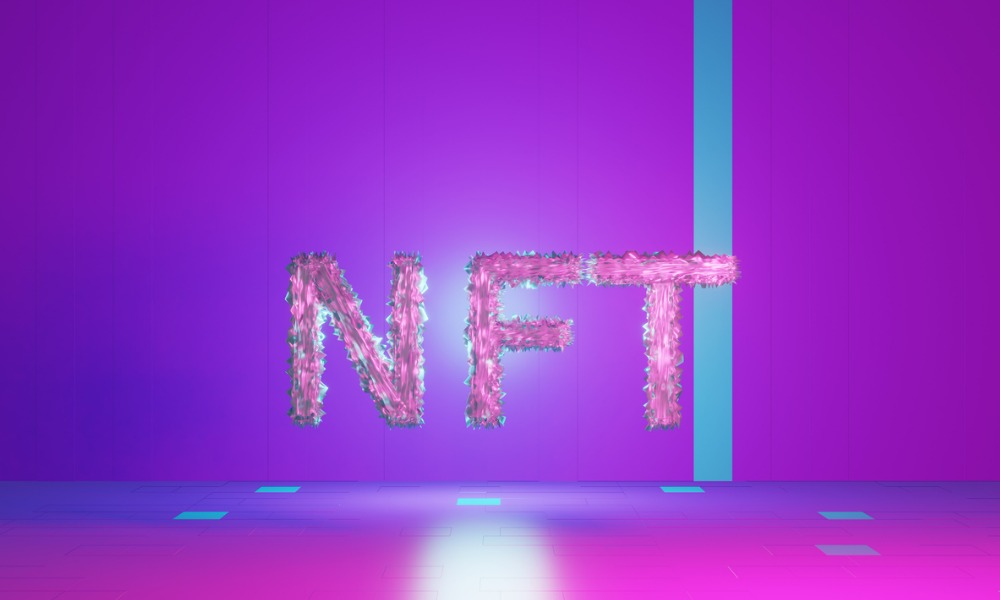One wealth advisor is convinced they are part of this decade’s investment megatrend despite environmental concerns

Digital asset classes have a problem. They appeal to the digital-native younger generations, but can they also meet demand for sustainability?
This is perhaps a bigger question than “is this a fad?” which is also a concern for potential investors in assets such as cryptocurrencies and the burgeoning non-fungible tokens (NFTs) market.
While cryptos, especially Bitcoin, have been desperately trying to become mainstream, NFTs have also seen exponential growth in the past year, not least when one piece of digital artwork sold at auction for US$69.3 million.
NFTs are based on blockchain, like cryptos, and the promise is that using this technology ensures authenticity of creations. Essentially, if you buy an NFT – which could be art, music, or another digital creation – you know it’s the real deal.
But while younger investors are enthralled by the potential to own something that is a digital as the rest of their lives, these are also the people most passionate about the environment. And there’s the issue.
Creating an NFT uses energy. A lot of energy. Creating NFTs uses the Ethereum cryptocurrency, and it’s claimed that a single transaction uses the same amount of electricity as an average house uses in two and a half days.
“With electricity consumption of cryptocurrencies being more than several countries, the rush towards NFTs has further increased this issue,” Devesh Mamtani an NFT expert at Century Financial in the UAE told MorningStar. “This is very concerning.”
There are some alternative solutions being considered which use less energy, while other creators are buying carbon credits to offset the energy use.
Is NFT the future?
The NFTs market soared over the past year to reach a peak on May 3, 2021, with $102m in transactions in a single day and a 7-day high of $170m according to Protos. But more recently, the 7-day figure was little more than $19m.
Despite this, and the conflicting situation for digital asset investors, one global financial advisory executive is convinced that NFTs will be part of this decade’s tech investment megatrend.
Nigel Green, CEO of deVere Group, says that our increasingly tech-focused lives will help drive interest in the NFT market, partly because of the new business models that are coming from it.
“Artists and musicians for example can provide enhanced virtual experiences for collectors and buyers, they can prove their works are not counterfeited, and they can include criteria to get royalties every time their works are resold in the future,” he said.
Green added that sceptics who dismiss NFTs as a fad or a bubble should consider tech history.
“I would suggest that these would have been the people, including some tech experts, to have also dismissed the internet in the 1990s and the likes of Amazon in the 2000s as hype,” he said.
But while he thinks NFTs are part of the digital investment future, he acknowledges that investors are right to be cautious.
“The market is very young and highly speculative at this stage and, as such, the risks are high. Extreme caution must be exercised,” he advised.
One sale that may generate interest in NFT investment is the iconic meme that led to the Dogecoin cryptocurrency, which (at one point at least) was hailed by Elon Musk. The Doge NFT auction begins Tuesday.



